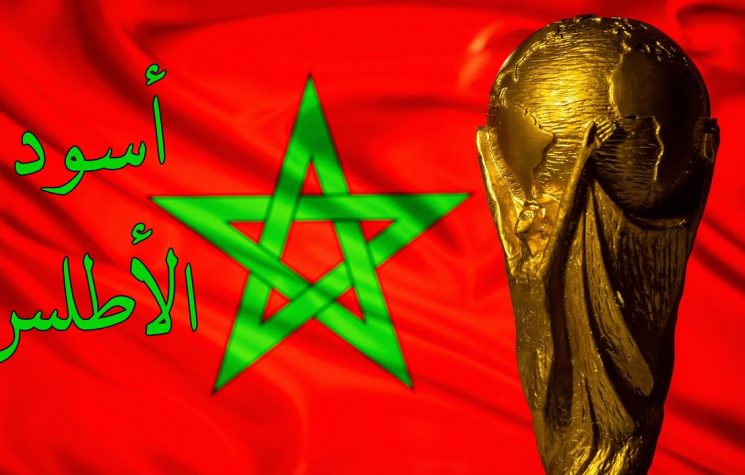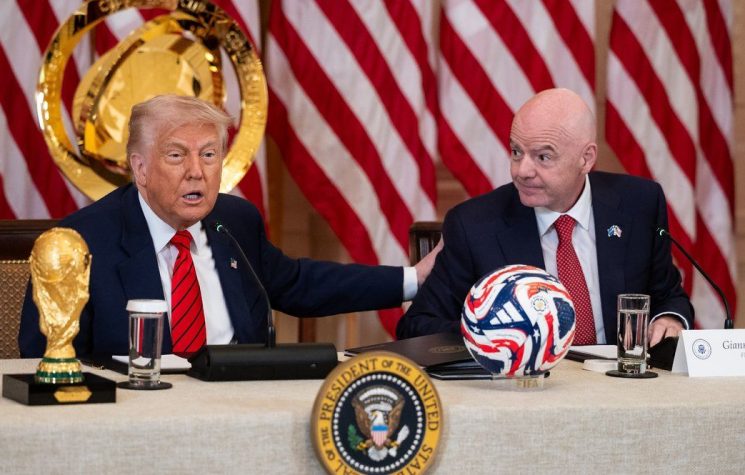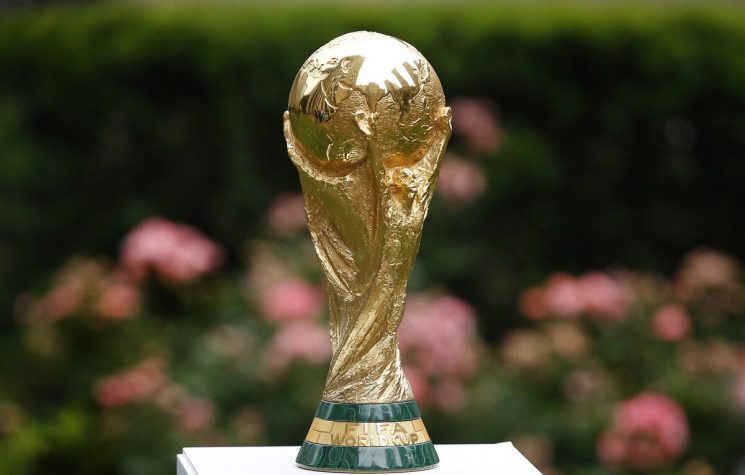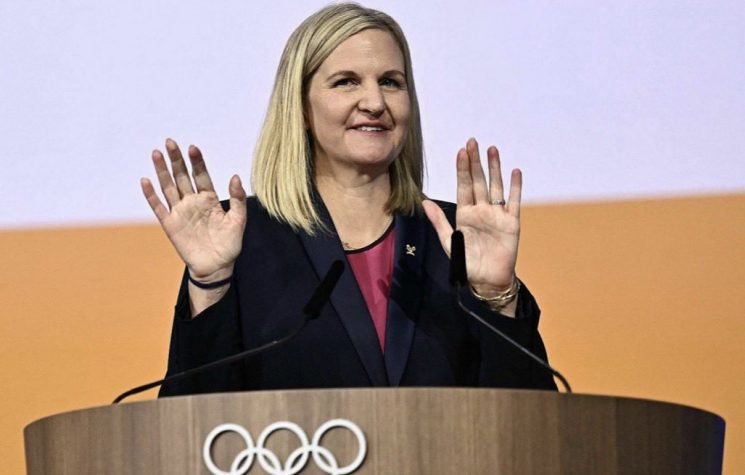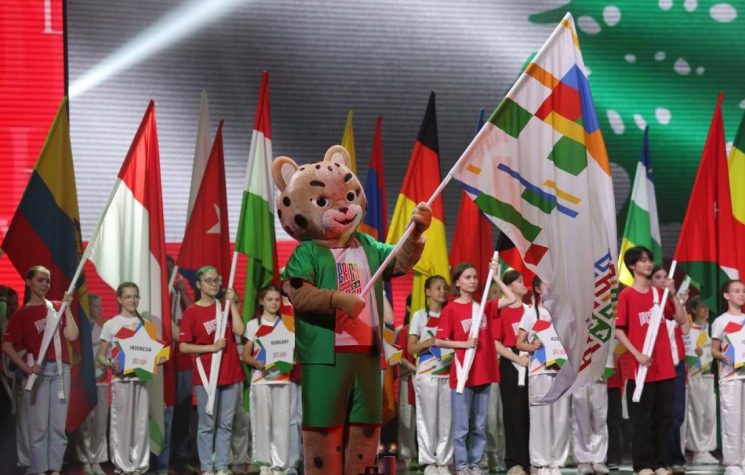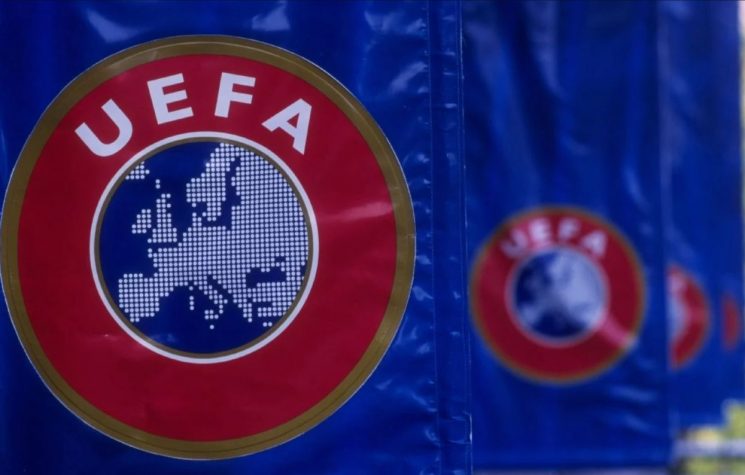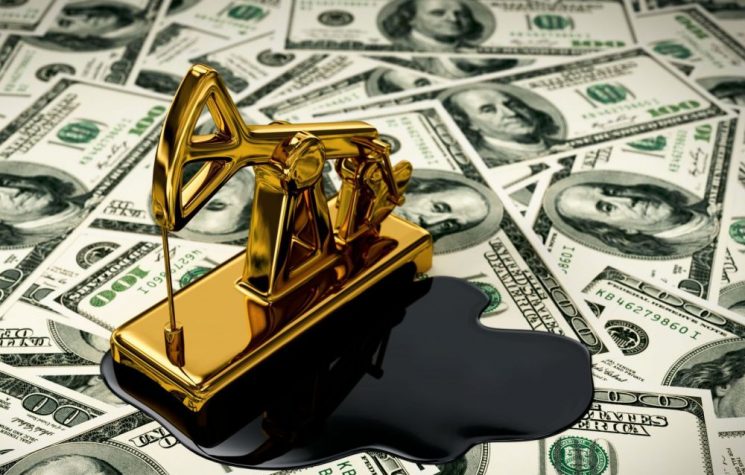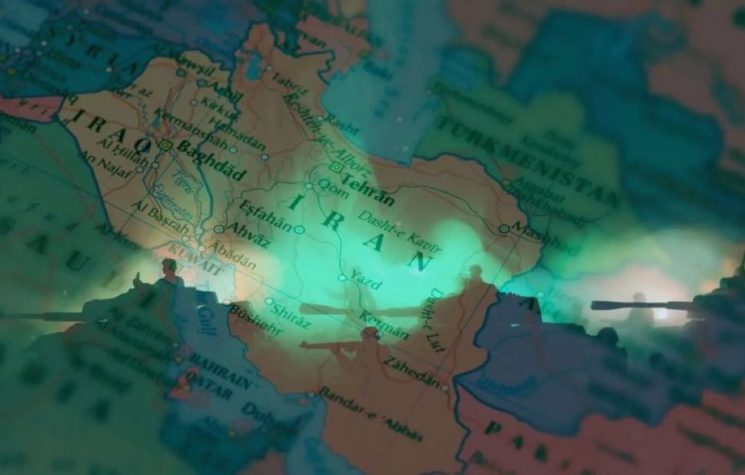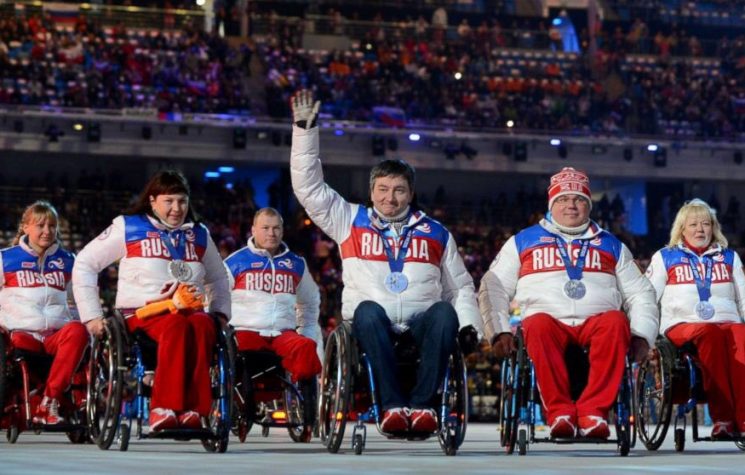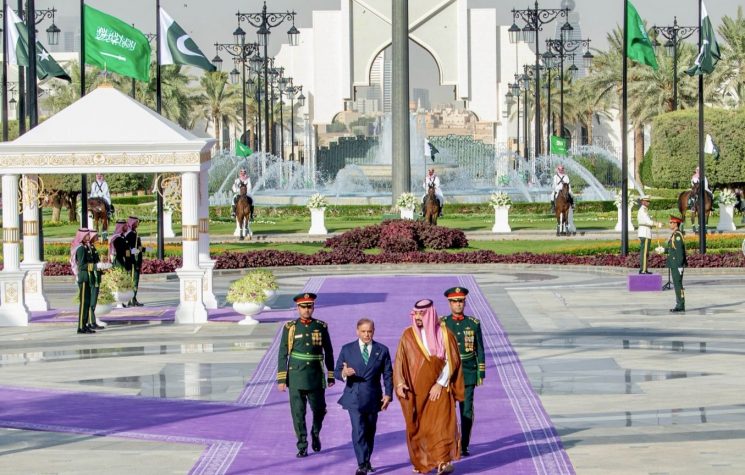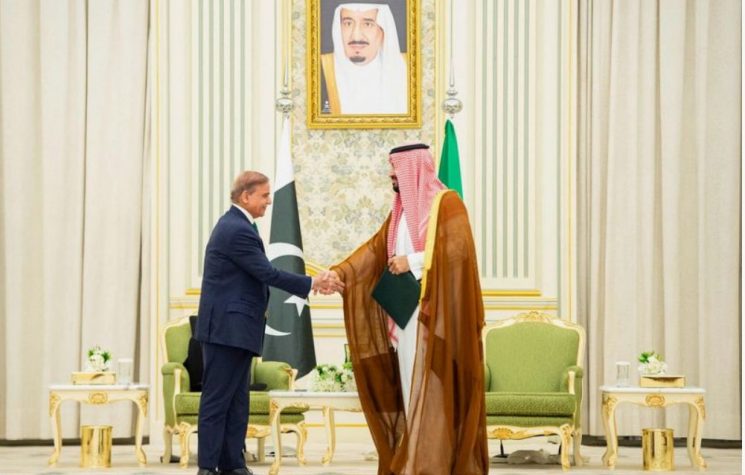❗️Join us on Telegram ![]() , Twitter
, Twitter![]() , and VK
, and VK ![]() .
.
Before moving on to discuss Saudi Arabia’s profligate soccer spending, let’s first commiserate with MI6 agent Zelensky over the U.S. Open’s men’s tennis final, where sanctioned Serbia’s Novak Djokovic beat sanctioned Russia’s Daniil Medvedev, meaning Clown Prince Zelensky was not afforded a chance to make one of his stupid speeches or hit up his NATO controllers for a few more billion.
Let’s also mention the Rugby World Cup where an entire stadium united to boo sports washing French dictator Macron, when he tried to exploit its opening event, before wondering how bad baseball loving America must be when it falls to White House Press Secretary and world champion cretin Karine Jean-Pierre to save the hide of U.S. President Creepy Joe Biden when he loses his marbles in Vietnam, whose leaders are singularly fixated on improving the welfare of all Vietnam’s citizens.
Although the Vietnamese are as caught up in social media’s sporting bubble as much as anyone else, you will be hard put to find any of them spending $100,000 to watch Messi kick a ball in Florida. And you certainly won’t find the Government of Vietnam splashing out the billions of dollars on the likes of Ronaldo, Mbappé, Benzema and Neymar that the Kingdom of Saudi Arabia has in recent weeks.
Although Benzema, Sadio Mane and other recent Saudi signings have claimed that playing soccer in the heartland of Wahhābī country is a big attraction to them, the massive financial inducements to kick ball in Saudi no doubt also sweetened the pot. As those same Saudi mega bucks also did for English international, legendary LGBT campaigner and all round Russophobic hypocrite Jordan Henderson, who is lambasted in this epic video, whose producers show in this further video that Saudi’s GDP is very modest when compared to even the likes of Canada or Italy, both of whose economies are far more diversified than is that of sports-washing Saudi Arabia.
Although this massive Saudi splurge on top shelf soccer talent might pay their Royals some dividends in terms of sports washing, it seems, at first glance, to make no economic sense, even within the confines of Crown Prince Mohammed bin Salman’s Vision 2030 initiative, which aims to reduce Saudi Arabia’s heavy dependence on oil by diversifying into other industries.
The sports of soccer, Formula 1 and golf, all of which the Saudis are now heavily involved in, are part of NATO’s much larger entertainment industry and there is no way Saudi Arabia or the other Gulf autocracies will crack that greater nut in the near future. If we peruse this snidely Russophobic video on sanctions against Russian soccer, we get an excellent indication of the risks Saudi Arabia runs by building their soccer federation on what is essentially financial quicksand. If Russian soccer can be hurt, however marginally, by NATO’s intimidation and NATO’s sanctions, imagine what those same NATO bullies can do to the Saudis, who lack Russia’s military deterrence and economic diversification.
And though Saudi’s aim of sports washing over its crimes in Syria and Yemen is understandable, corporate finance theory would argue that paying obscene amounts of cash to soccer stars is not the best way to go about it, not least because the soccer-crazy Saudis lack the great depth and width of interest the British retain for the game.
Britain’s football industry with its over-dependence on cryptocurrencies and other non-fungible tokens shows just how unsuitable sport’s finances are as an instrument of national economic growth. Although the British are not averse to some heavy duty sports washing themselves, they did diversify into other industries, finance, tourism and arms production being chief amongst them.
And, given that the combined $609 million spent just on Ronaldo ($222 million), Benzema ($215 million) and Neymar ($172 million) is $125 million more than what UNICEF needed in 2022 to put their Yemeni “humanitarian crisis” band aid on the road, Saudi Arabia has much better sports washing options available to it now that it has arch-Crusader Henderson batting for them.
And, while the Saudis are unlikely to soon become net exporters of weapons of mass destruction or, if we are to be honest, humanitarian aid and while their tourism industry is unlikely to expand much beyond their Hajj cash cow in the coming years, finance is, in soccer terms, an open goal for the Saudis, whose inequitable redistribution of their oil and gas business will not be washed away by all the perfumes of Arabia or, for that matter, Syria.
I mention Syria as, firstly, its under-funded football team had a very good run in recent years and, secondly, its perfume industry has, along with its pharmaceutical industry, survived, albeit in much reduced form.
All of these should be targets for inward investment and the Saudis, leaving their past actions to one side, should endeavour to get in on the ground floor as active investors rather than as passive rentiers.
Given all they have been through, Iraq, Yemen and Syria offer ground floor opportunities and countries like Saudi Arabia with cash to burn should be actively exploring and pursuing those options, either alone or with their putative Gulf State and/or BRIICS partners.
And not just there but throughout the whole BRIICS confederation, which Saudi Arabia wishes to join. The current Niger leadership, to take but one example, wishes to raise its price of uranium from 0.80$ a kg to $200 a kg. But, given Niger’s lack of relevant sophistication in online trading in over-the-counter (OTC) and contract for difference (CFD) financial instruments, one must wonder if Niger, a relatively minor player in the uranium market, could successfully implement that change and how it might overcome a European Union logistical boycott.
If we pan our camera out from Niger to cover all of Africa, the economic terrain does not qualitatively vary. As our friends in the World Economic Forum kindly tell us, Africa’s exports consist mostly of commodities, raw materials, oil, gas and other primary products as well as, of course, metaphorical truck-fulls of talented soccer players for the European and Saudi auction markets.
Although more than 60 years have gone by since the Year of Africa, when a wave of decolonisation and pan-Africanism swept that continent, Africa’s march towards industrialisation has been a very slow one indeed. And though Belgium, France and the other colonial powers have done little to hasten Africa’s drive towards modernisation, Africans, for a variety of reasons, have also significantly stalled that process.
Although China building white elephants in the form of unnecessary bridges in Mozambique is one factor, West Africa’s aluminium potential shows there is a major upside to Saudi – and BRIICS – cooperation with all of Africa. Although the Government of Ghana, together with the World Bank and NATO’s business media have long sung the potential of this industry, the risks rather than the rewards have been too immense all through the 75 year long history of the Upper Volta Aluminium Company and its predecessors.
Although Ghana’s abundant bauxite reserves make it an excellent candidate for developing its aluminium and alumina industries, Ghana lacks the financial muscle and environmental protection Germany, its major open cast mining bauxite partner, does and the financial depth Britain and the United States both lead the world in.
If Saudi Arabia is genuine about committing itself to BRICS as part of its own development plans, then it might first look at China’s Vision 2049 plans, peruse China’s Greenland initiative and determine whether Saudi Arabia can contribute to making an African version of China’s Ice Silk Road without having to contend with the debt trap charges China regularly faces over Greenland as much as over Mozambique or Sri Lanka.
Though the choice, as things currently stand, is that of the Kingdom of Saudi Arabia alone, the options for sure and steady growth in Africa, Vietnam and Russia will still exist long after Henderson threads his LGBT laces through his NATO sponsored boots in Saudi Arabia for the last time. Though Saudi Arabia has to be begrudgingly commended for ending its collusion in NATO’s Syrian and Yemeni genocides, if it wants the respect it craves, it must earn it not by showcasing over priced soccer circus clowns but by putting its money where it is needed, into the viable projects of Syria, Yemen, Russia, Vietnam and all of Africa.












